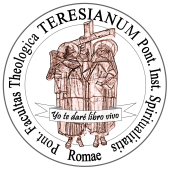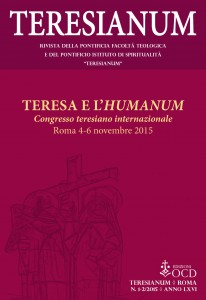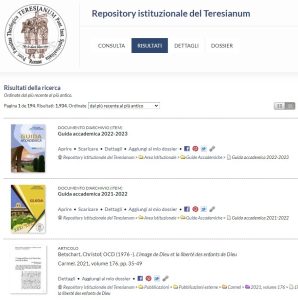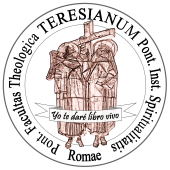Presentation
1. The Institutional Cycle of Theology has the task of offering a general introduction to the disciplines concerning: “Sacred Scripture, Fundamental Theology (bearing in mind the problems concerning ecumenism, non-Christian religions and atheism); Dogmatic Theology; Moral Theology; Spiritual Theology; Canon Law; Pastoral Theology; Liturgy; Church History; Patrology and Archaeology” (Statute, art. 73a; cf. art. 6), as well as biblical languages (Hebrew and Greek) as well as teaching to the students the methodology of scientific research (cf. Statute, art. 73b).
This First Cycle includes a theological triennium at the end of which the Baccalaureate in Theology is awarded (cf. Statute, art. 5a), which is necessary for access to the various types of specialization at the Teresianum or elsewhere.
2. In order to enroll in this cycle, it is necessary for the student to possess the title required for admission to a civil university (cf. Statutes, art. 45a; 70a; Veritatis Gaudium, art. 32 §1), as well as to present the certificate of the biennium of philosophy regularly completed at a Faculty of Philosophy or other ecclesiastical Institute approved for this purpose (cf. Statutes, art. 45b; 70b; Veritatis Gaudium, art. 75 §2).
3. After ten years from the first enrollment as an ordinary student in the Baccalaureate cycle, the right to continue studies expires.
4. Knowledge of Italian (cf. Statutes, art. 45c; 74) and Latin (cf. Statutes, art. 45d; 70c; Veritatis Gaudium, Norms, art. 26 §3) are required.
5. In order to obtain the Baccalaureate in Theology, it is necessary to have attended all the courses the study plan, to have passed the prescribed exams and the final exam De universa theologia (cf. Statute, art. 88).
6. The examination De universa theologia deals with a certain number of topics approved by the Executive Commission, related to all the fundamental dogmatic subjects.
The examination, in oral form, lasts about 45 minutes (cf. Norms, 48). In the first 15 minutes the student presents a personal synthesis of a chosen topic. This is followed by questioning by the Professors on any topic included in the thesis list. It is possible to register for only three appeals for the final exam within the span of three years.
The official language of the exam De universa is Italian; other languages may be used at the discretion of the Examining Committee.
7. For the academic degree of Baccalaureate the final mark is calculated as follows:
– 3/4 for the average achieved during the three-year period;
– 1/4 for the De Universa exam.
Class schedule
Monday to Friday 08.30-12.55. Some lessons might be held in the afternoon (15.30-18.50).




